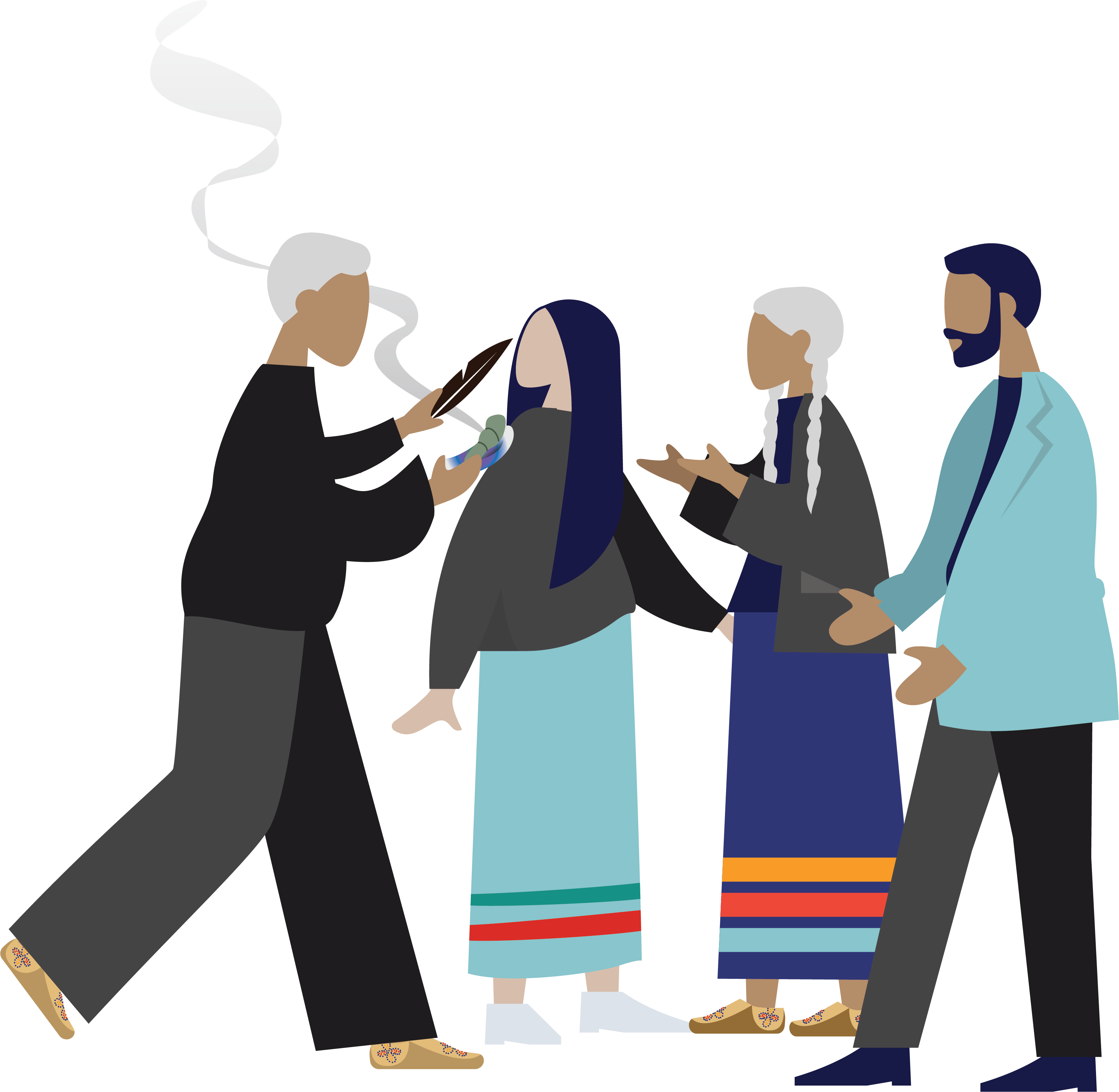We all have mental health. It's our feelings, emotions, thoughts, and mood—and it impacts how we cope with challenges and stress, how we work and learn, and how we interact with others. Like our physical health, mental health impacts our overall wellbeing and we need to continually work at it.
Mental health looks and feels different for everyone and can be influenced by many factors—both in and out of our control. Our mental health, as well as many mental disorders, are impacted by our social, economic and physical environments; mental health outcomes are greatly impacted by social inequalities. Intersectional approaches to mental health are needed to support historically, and systemically under-represented populations.
Mental health is a continuum; we all have mental health, and it changes throughout our lives, as do the actions that support it. There are different actions we can take to support ourselves, depending on where we are on this continuum at any given point.
This is why it is important to build mental health literacy; to be able to recognize signs things might not be quite right, improve coping and resiliency, know how to seek help when you need it, and know what that help looks like for you as an individual. You may not always thrive (and that's ok), but knowing when you need support, and what that support looks like for you can help.
Helpful Tool: The Mental Health Continuum
The Mental Health Continuum Model recognizes the wide range of mental and physical health challenges that may impact a person’s life. This is not a diagnostic tool, but can be used to reflect on your own mental health. Becoming familiar with the warning signs and indicators of mental health problems or mental illness, as well as the skills and resources associated with each phase of the continuum, can help you to be better equipped to support your mental health or to reach out for support.
Download the continuum for faculty and staff at UBC Vancouver and Okanagan
Download the continuum for students at UBC Vancouver and Okanagan
Mental Health Literacy
Be sure to check out the Thrive event calendar for workshops and training on mental health literacy. While we're promoting these as part of Thrive, many of them take place year-round and can be adapted for your specific department, faculty, or student group.
Intersectional Approaches to Mental Health


